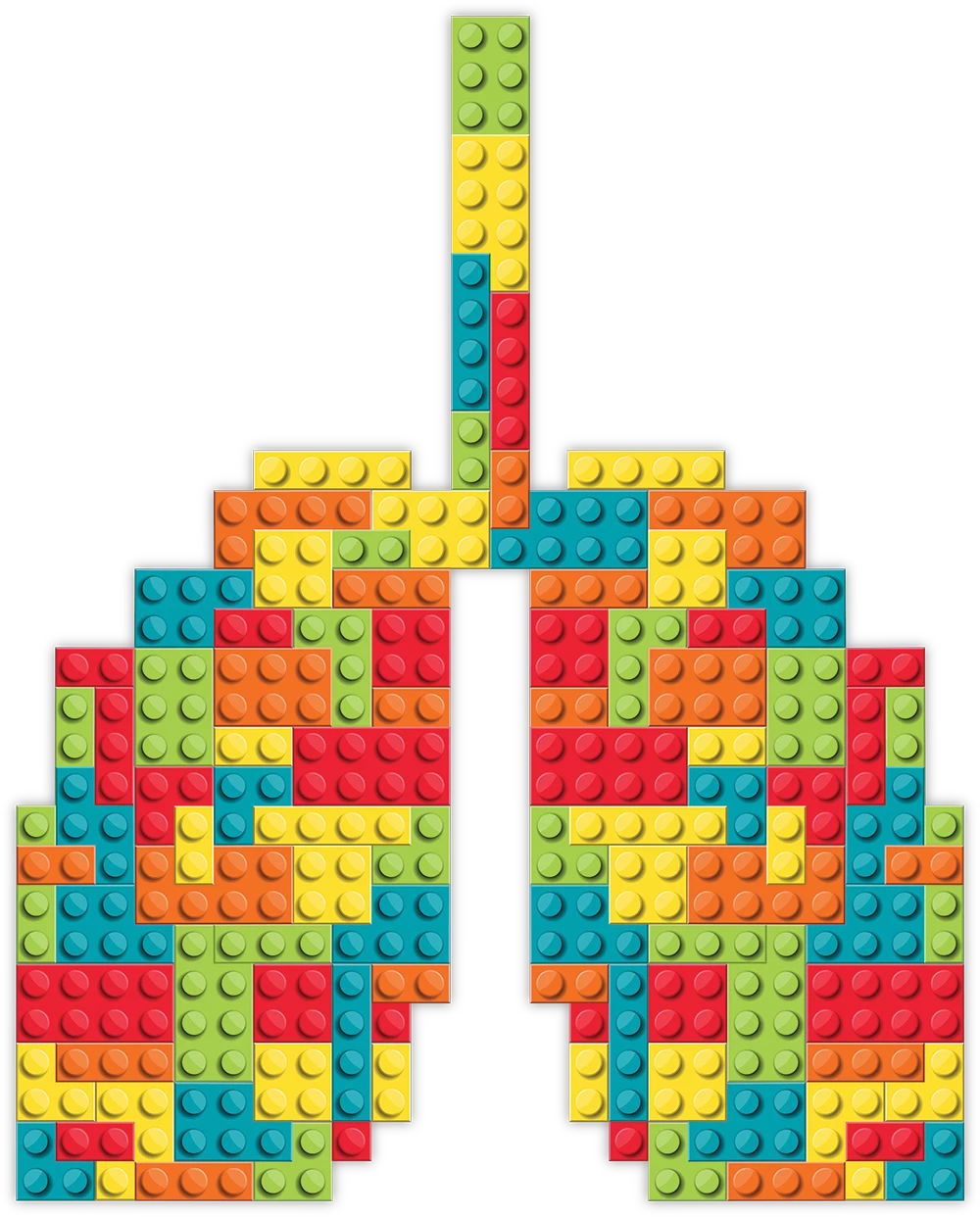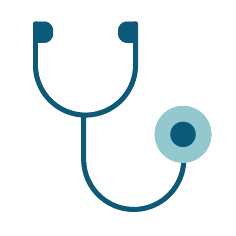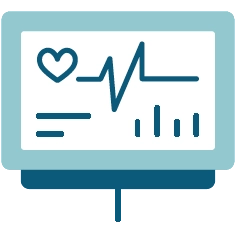
Asthma Research Is In The Air
About the Study
See if Your Child Qualifies
If your child is 4 years old or older and has been diagnosed with asthma for at least 1 year, they may qualify for the FLAIR Study.
Who can participate in the FLAIR Study?
To participate in this study, your child must:
Be 4 years of age or older
Be diagnosed with asthma for at least 1 year
Had 1 or more asthma attacks in the past 12 months that was considered severe or required treatment
There are also other requirements that will determine who can participate. A doctor will determine if your child is medically eligible to take part in this study.
See if Your Child Qualifies
Thank you for your interest in the FLAIR Study.
While we are no longer enrolling through the website, the trial is still accepting participants. Please see the site location map below and reach directly out to the study site closest to you for more information.
About Asthma
Asthma is one of the most common chronic diseases affecting people of all ages.
If a person has asthma, the airways in their lungs can become swollen (inflamed) and narrowed at times, causing breathing difficulties like wheezing and chest tightness.
There are certain factors that can set off or worsen asthma symptoms, such as pollen, exercise, viral infections, or cold air. These are called “asthma triggers.” When asthma symptoms get worse, it is called an asthma exacerbation or an “asthma attack.”
The FLAIR Study: What to Expect
The FLAIR Study is evaluating an investigational drug to see how it works in reducing the severity and frequency of asthma attacks in children, adolescents, and adults.
The investigational drug is a combination of 2 commercially approved drugs used separately to treat asthma, administered through a single inhaler. The investigational drug will be administered using an inhaler device. Your child will have an equal chance of receiving the investigational drug in high or low dose, or receiving albuterol sulfate (ABS, also known as salbutamol), which is a common drug used for the rescue treatment of asthma.

Screening Period (approximately 2 weeks)
You and your child will be visiting the research center for tests and assessments to see if they qualify to take part in the FLAIR Study. The screening procedures, including taking a medical history, and a physical examination, may take place at 1 or more visits.

Run-In Period (approximately 2 to 4 weeks)

Study Treatment Period (at least 24 weeks)

End of Study/End of Study Treatment Visit
Participation in the FLAIR Study is completely voluntary. If your child takes part in the study, they can end their participation at any time and for any reason. If they decide not to participate, it will not affect your medical care now or in the future.
Common Questions
What is a clinical research study?
Clinical studies follow specific rules to protect the rights, safety, well-being, and confidentiality of study participants. The results help government regulators decide if a study drug is safe and should be made available to the public. Clinical studies are the only way to develop new medical treatments.
What is the investigational medication being researched in this study?
The FLAIR Study is evaluating an investigational drug to see how it works in reducing the severity and frequency of asthma attacks in children, adolescents, and adults. The investigational drug is a combination of 2 commercially approved drugs, fluticasone propionate and albuterol sulfate, used separately to treat asthma, administered through a single inhaler.
Are there costs or compensation involved in participating in this study?
How will my child be monitored during the FLAIR Study?
What are my child’s rights as a participant and what will happen if they decide not to participate?
If your child decides to take part in the study, you can end their participation at any time and for any reason. If they decide not to participate, it will not affect their medical care now or in the future.
